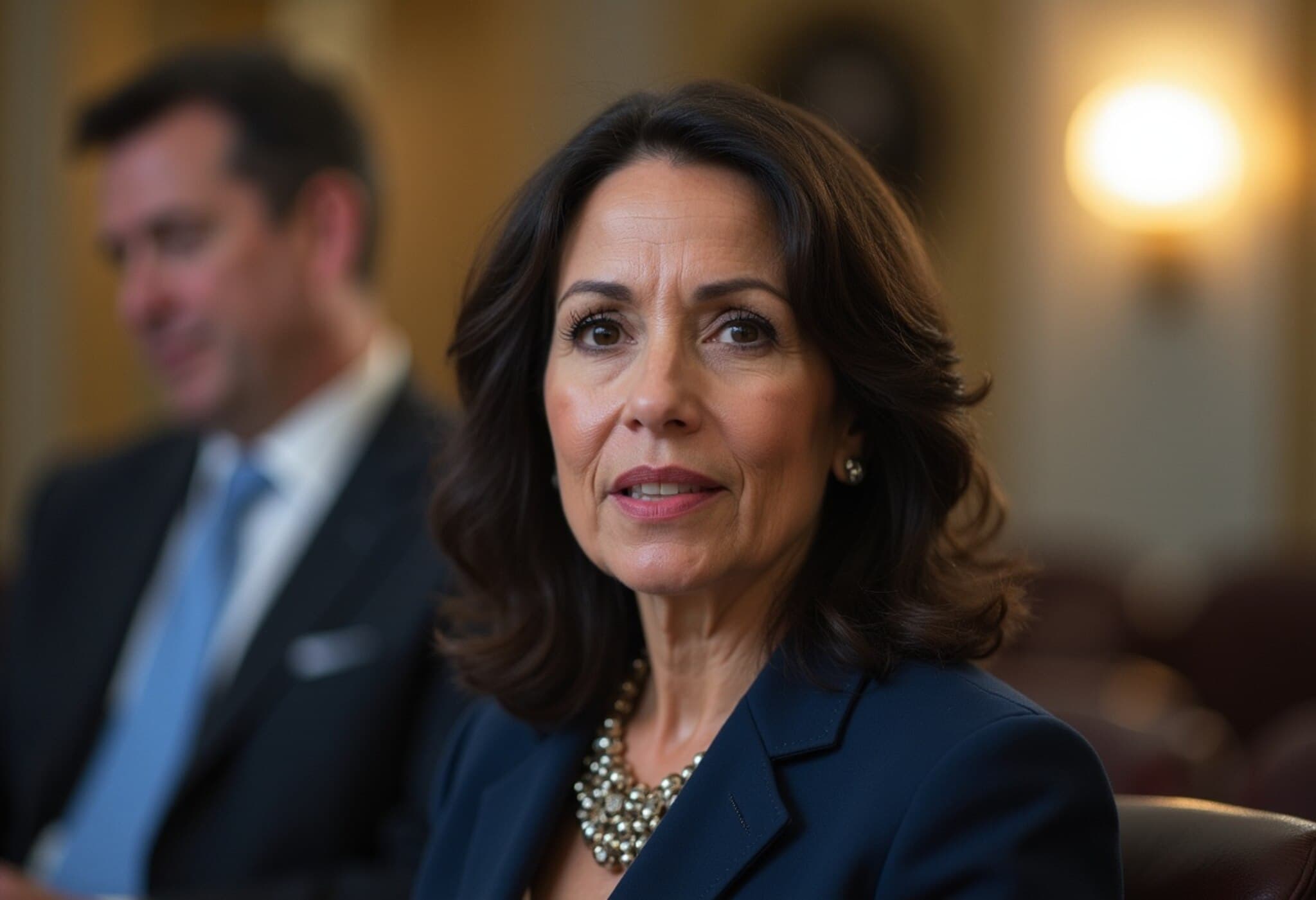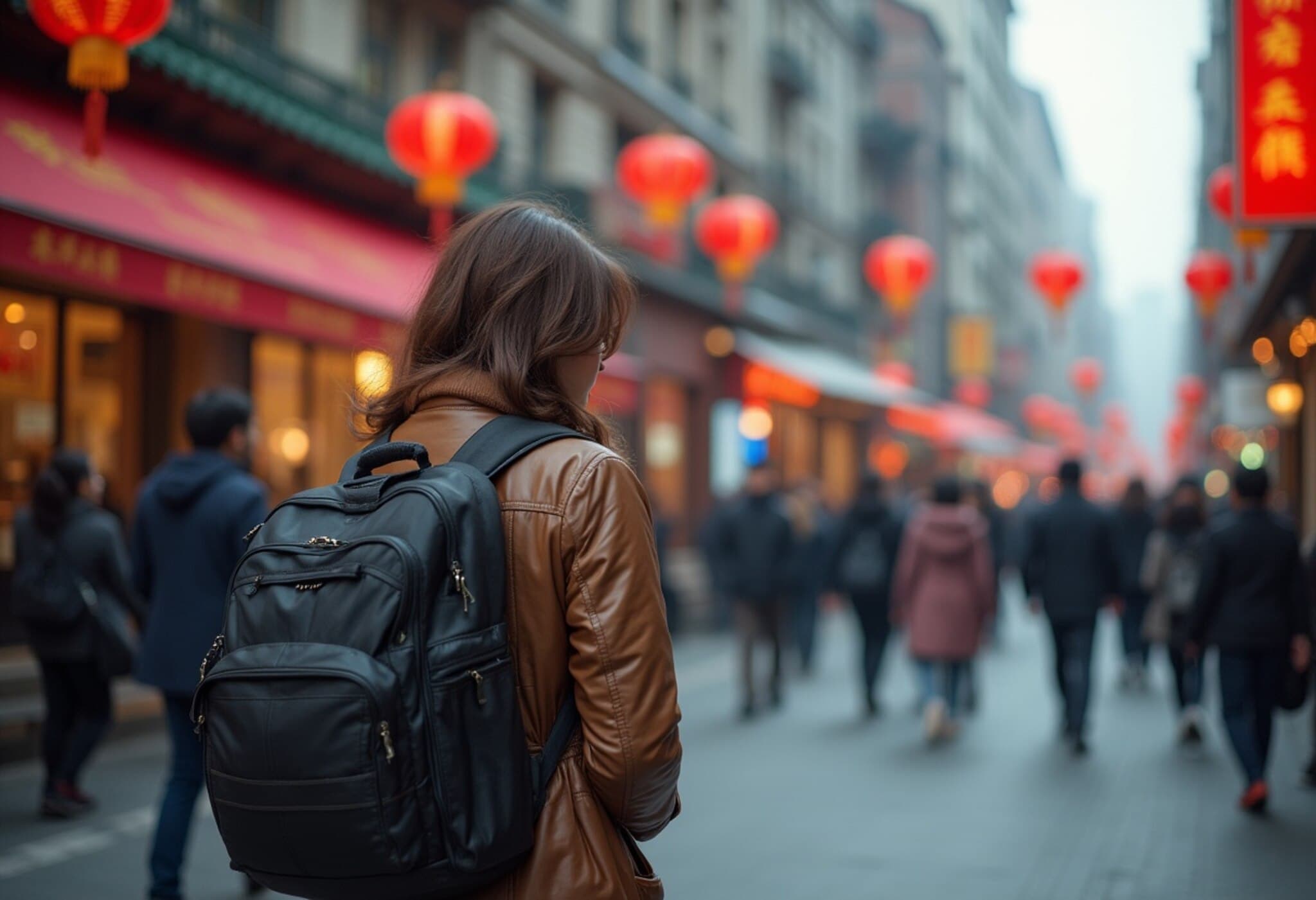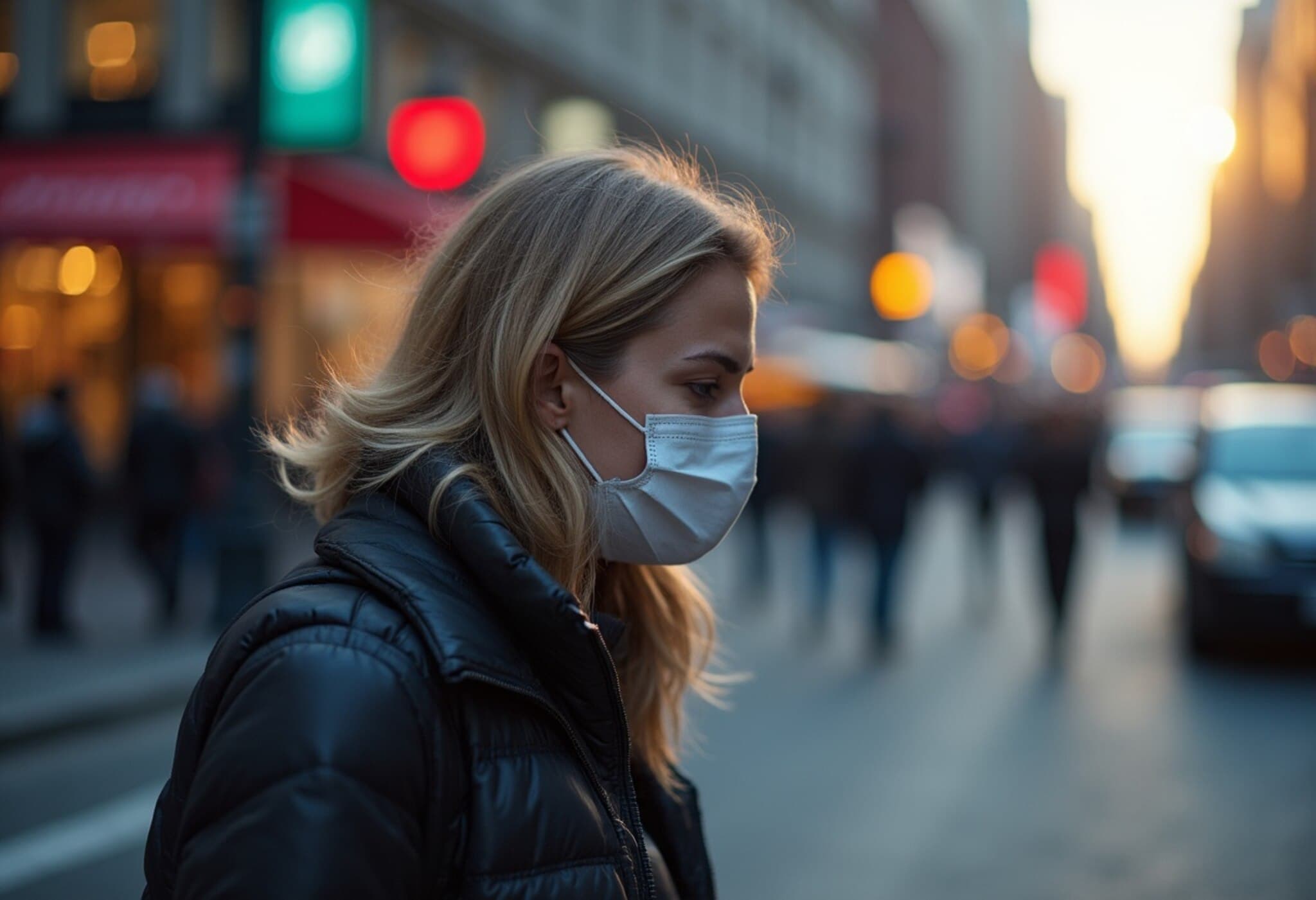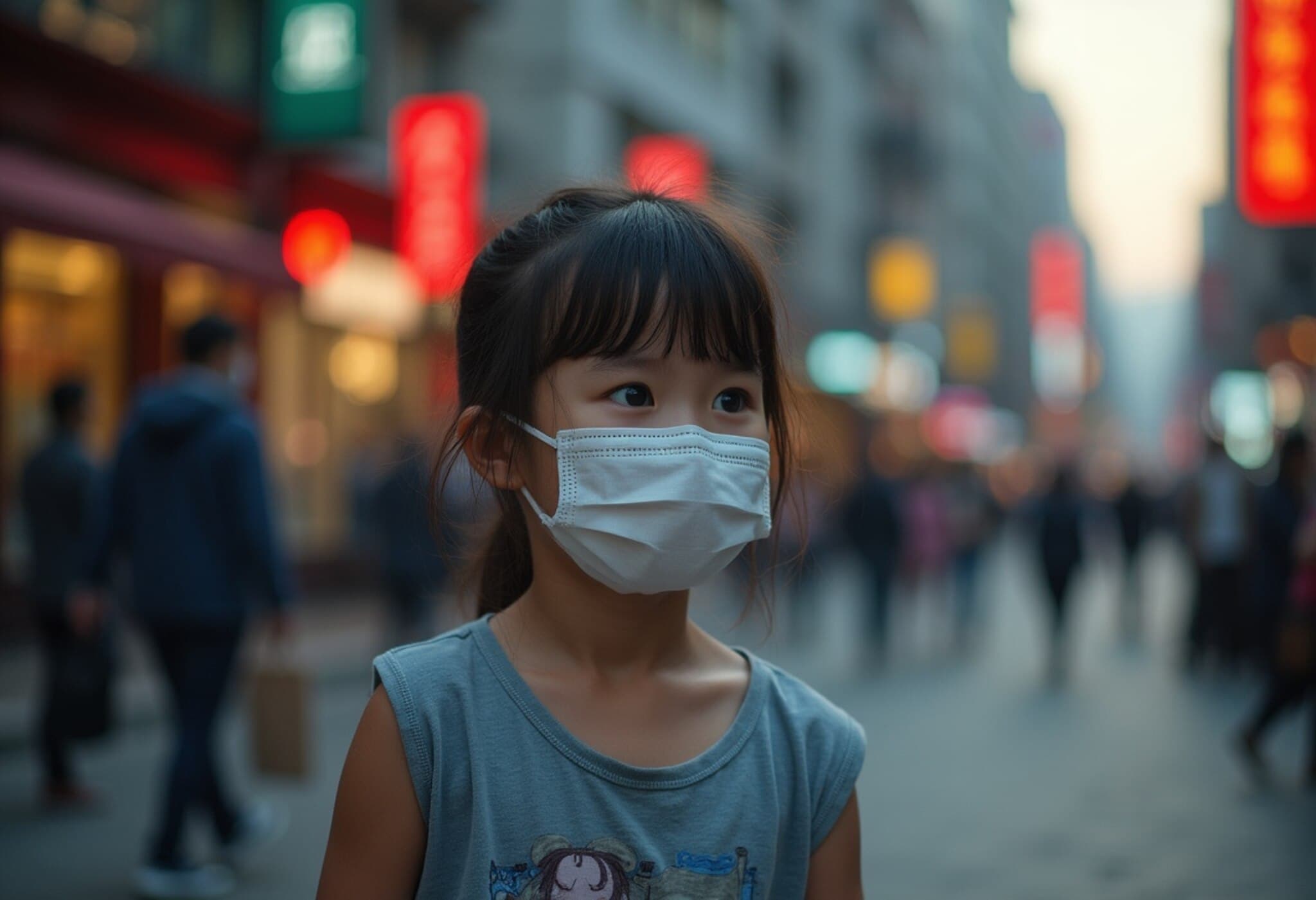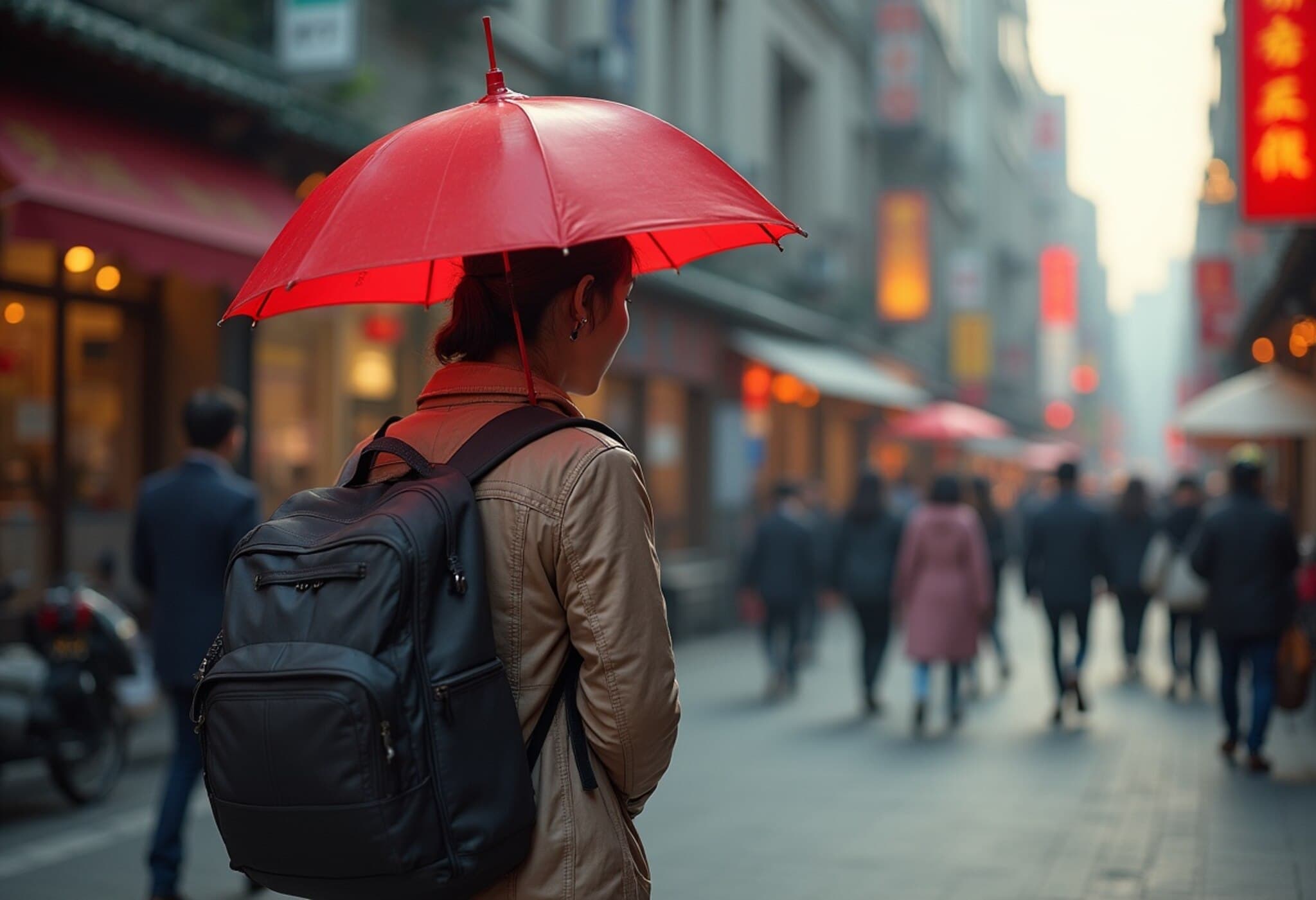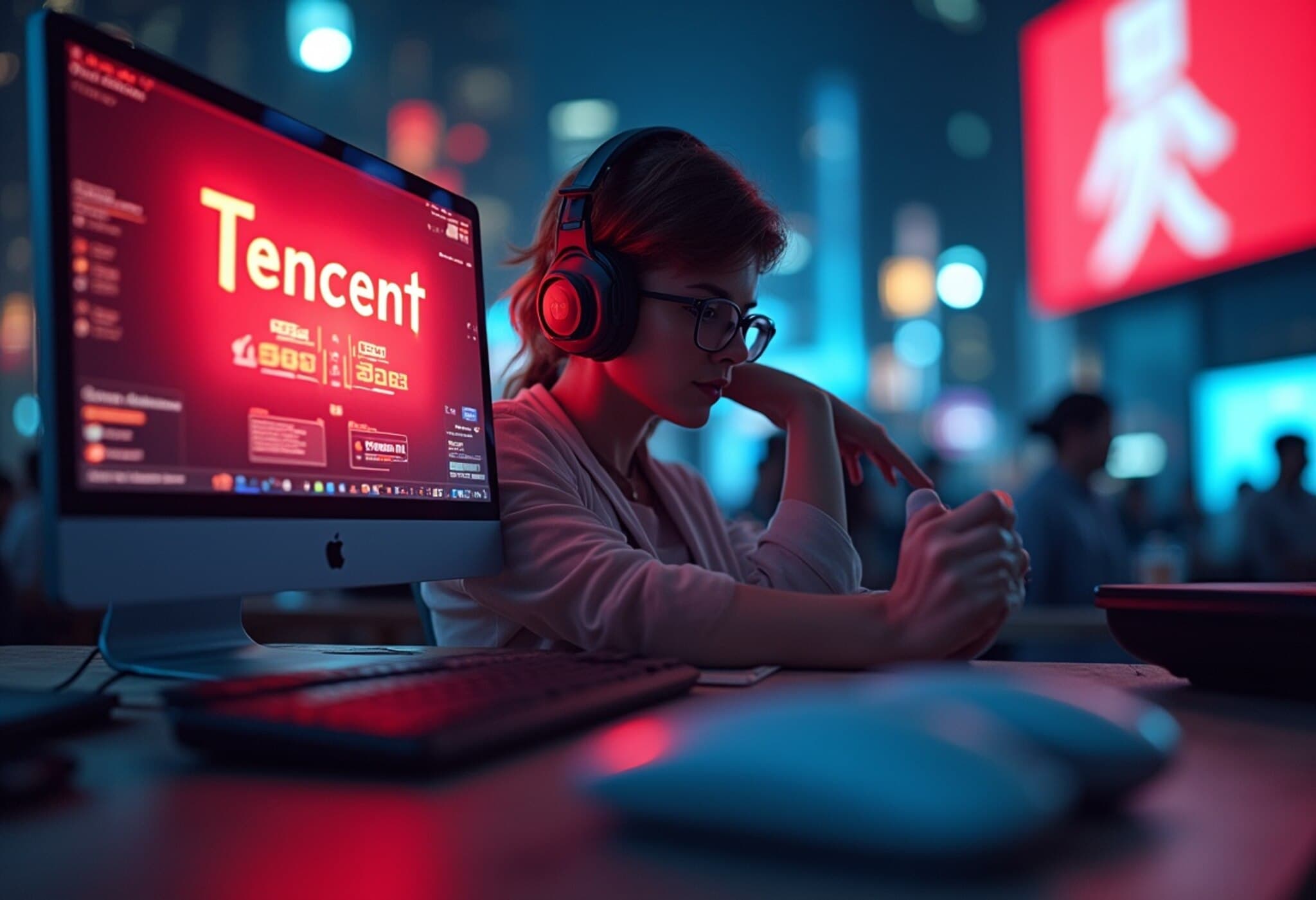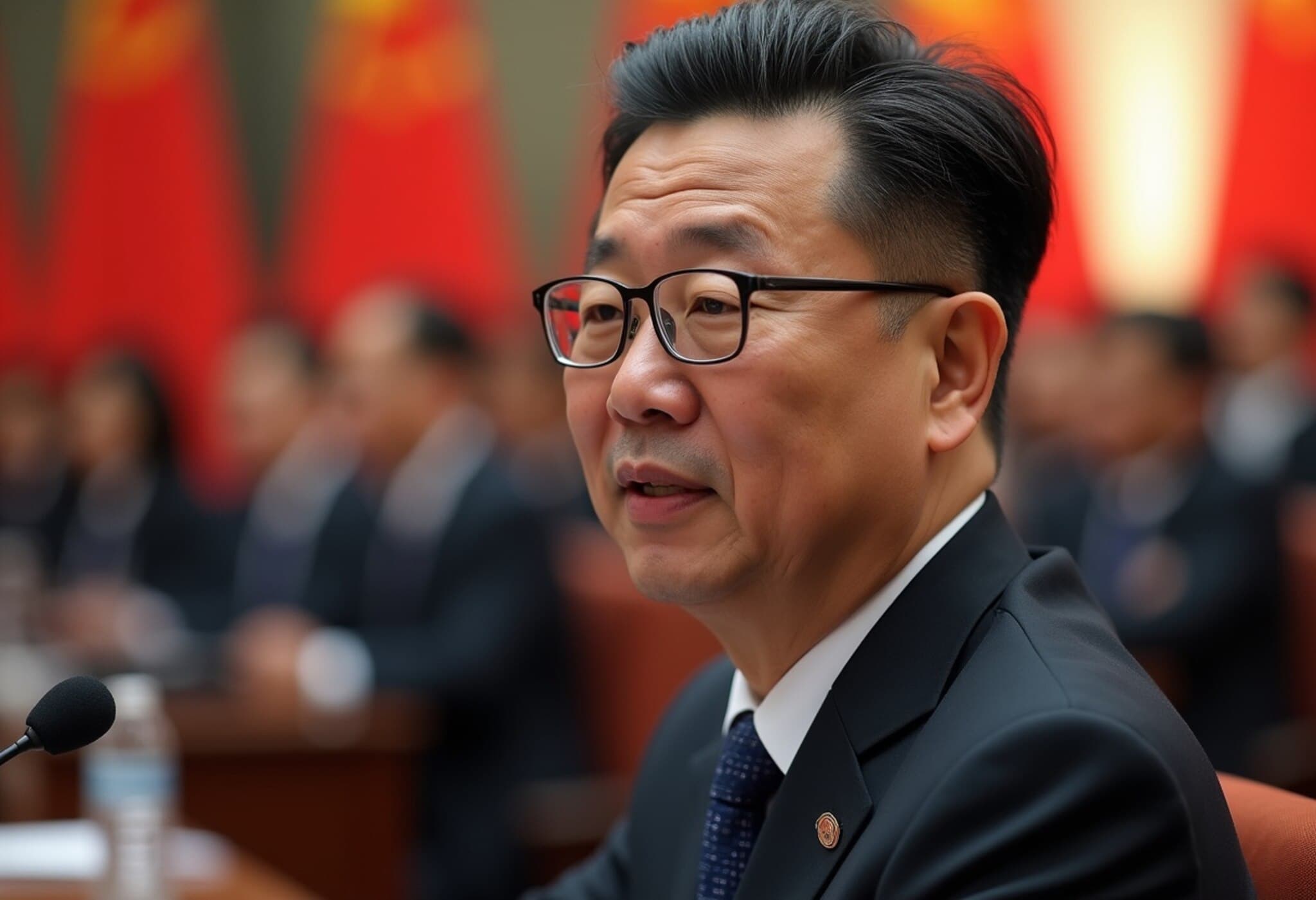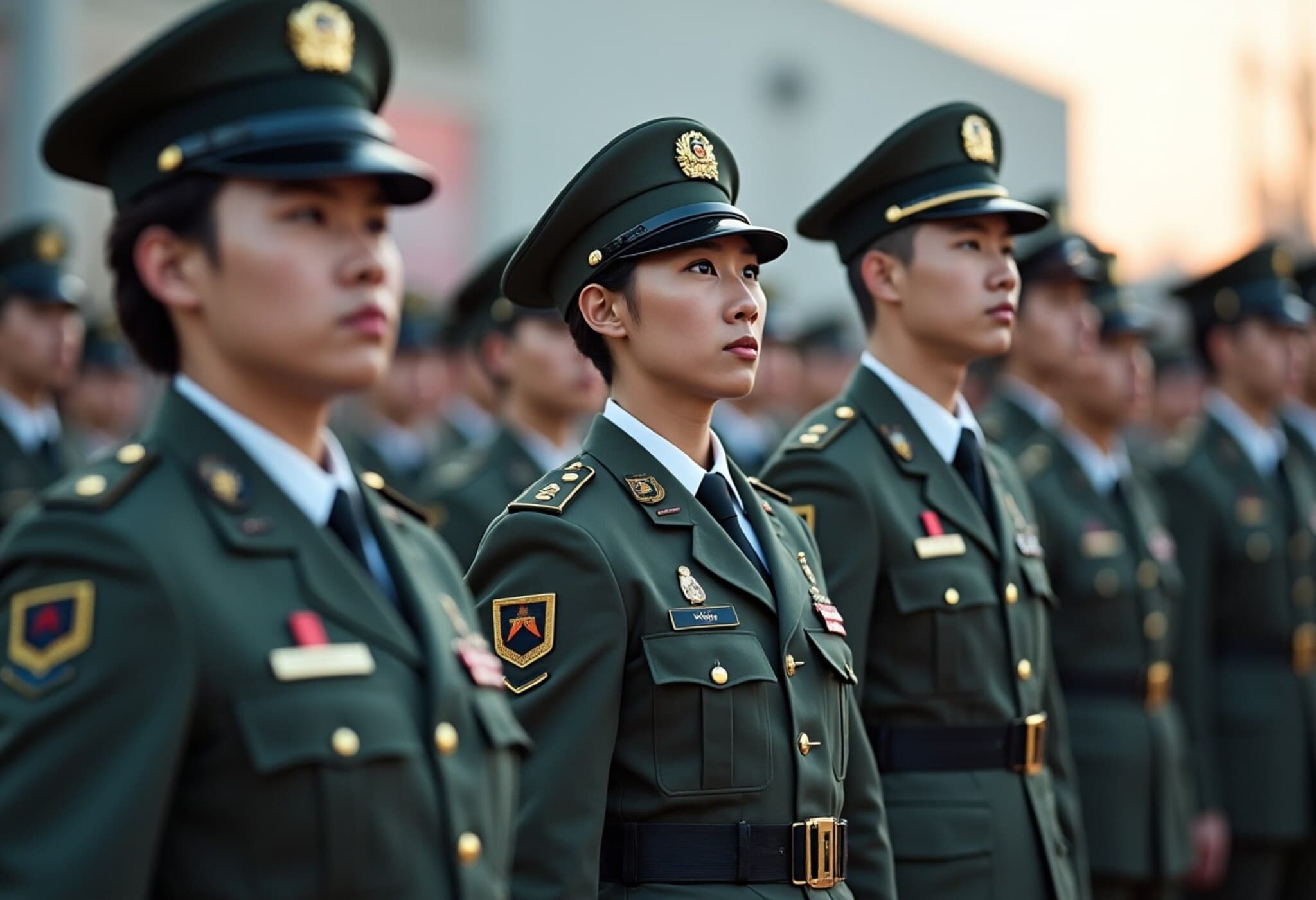China's Aggressive Measures to Contain Chikungunya Spark Privacy Debates
As southern China grapples with a growing outbreak of the Chikungunya virus, a mosquito-borne illness, government officials have taken unconventional and intrusive steps that are igniting fresh concerns over privacy rights in the country. One viral video shows officials conducting blood tests on sleeping children during nighttime raids, sparking widespread public unease about the balance between public health control and individual freedoms.
Nighttime Home Visits Stir Public Outcry
In Zhanjiang, a coastal city in Guangdong province, a single mother captured a disturbing moment on social media: uniformed officials forcibly entering her children's bedroom in the dead of night to collect blood samples without her consent or presence. The mother was at work during a night shift, leaving her children vulnerable. The video quickly amassed over 90 million views on Weibo, prompting furious discussions around the ethics and legality of such government actions.
Chinese media reports indicate that the intrusion followed a local pharmacy alerting authorities after the son developed a fever, a classic symptom of Chikungunya. Yet many netizens viewed the heavy-handed approach reminiscent of China's aggressive COVID-19 surveillance tactics, reigniting fears about state overreach into private lives.
Understanding the Chikungunya Outbreak in China
Chikungunya, transmitted exclusively through mosquito bites, manifests symptoms ranging from high fever and debilitating joint pain to rash and nausea. While generally not fatal, its prolonged symptoms can severely impact quality of life, especially for vulnerable groups such as infants, the elderly, and those with pre-existing conditions.
This outbreak, originating in Foshan roughly a month ago and stretching over 260 km to Zhanjiang, has resulted in approximately 8,000 reported cases in China, with at least one imported case recorded in Hong Kong. Historically, Chikungunya is more prevalent in tropical regions across Asia, Africa, and the Americas, making this significant surge in China noteworthy.
Public Health Response and Renewed Surveillance Techniques
The Guangdong provincial government has announced an aggressive campaign to combat the outbreak. Efforts include:
- Eliminating mosquito breeding sites, such as stagnant water pools
- Mobilizing community action to remove standing water in household items
- Promoting mosquito repellents, coils, and nets to reduce bites
- Mandating pharmacies to report sales of fever-reducing medications
Notably, some measures revive stringent public monitoring reminiscent of the zero-COVID era, including compulsory reporting from pharmacies and more intrusive home visits. Guangdong's governor Wang Weizhong vowed on August 2 to “strive to win the battle against the Chikungunya fever epidemic,” signaling continued strict enforcement.
Legal and Ethical Implications: Striking a Delicate Balance
China's approach underscores a perennial tension in public health emergencies worldwide: how to reconcile urgent disease control with safeguarding civil liberties and privacy. The nighttime blood sample collection in the absence of parental consent touches upon critical human rights questions. While containing infectious diseases is paramount, the methods employed risk undermining public trust and could provoke backlash.
Experts suggest that more transparent communication, community engagement, and respect for individuals' rights might enhance cooperation and reduce public anxiety. In the American context, similar measures would likely face significant legal challenges under privacy laws and constitutional protections.
Looking Ahead: The Path Forward Amidst Rising Cases
The Chikungunya outbreak signals an evolving public health landscape in China, demanding innovative yet rights-respecting responses. Continuous surveillance, medical research, and mosquito control remain essential, but authorities must carefully weigh the consequences of heavy-handed tactics against the societal cost of mistrust.
Expert Commentary
Dr. Mei Lin, an epidemiologist specializing in vector-borne diseases, notes, “Chikungunya is rarely deadly but can cause long-lasting suffering. Early detection and mosquito control are critical, but invasions of privacy could deter cooperation, ultimately weakening containment efforts.”
As China confronts not only the medical but also the socio-political challenges of this outbreak, it highlights a broader global conversation about governance, transparency, and individual rights during health crises.


